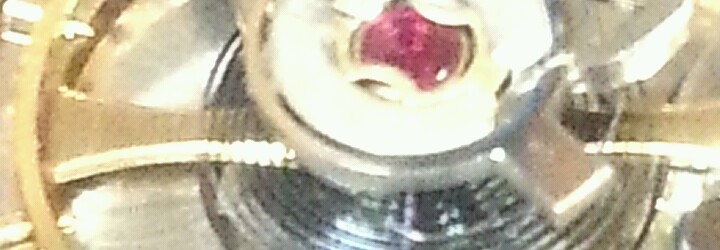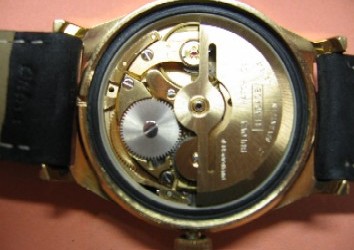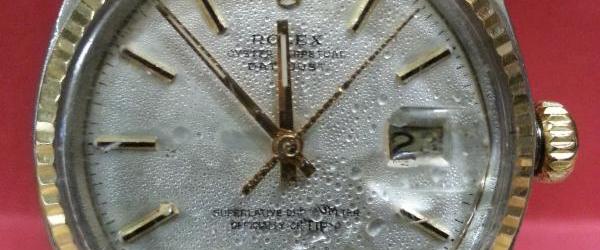Many people believe that watch accuracy can be achieved by simply adjusting the regulator screw towards the + or – position. Regulating a watch is a lot more complex than this. Watches that are inaccurate are inaccurate for a reason. Generally, these watches require CLEANING AND CONDITIONING (oiling and greasing of the winding mechanisms). Conditioning also includes: ensuring that all of the train wheels are free from obstruction, the hairspring.. Read More
My Favorite Watch, The Hamilton 992B
I have been very fortunate over the last 37 years to be able to work on just about every type of mechanical and quartz watch that you can think of. Everything from a Timex to a Rolex and everything in-between. After thousands of watches, it is understandable that I would have a favorite. My all time favorite watch is the Hamilton 992B pocket watch. You might think that I would.. Read More
How Accurate Can a Vintage Watch be?
The short answer: it depends. The accuracy of a vintage watch is at the at mercy of its original quality and construction, and accuracy owes even more to the quality of its upkeep over the years. A high-quality, chronometer-grade watch that was carefully maintained and cared for over the years can approach chronometer standards still today. However, a more inexpensive design that had a greater degree of wear and tear.. Read More
Is a Rolex Waterproof? How to Eliminate Rust Damage in Your Rolex
In the following post I will give you some reasons why you should keep your watch out of water. Every week I get at least one phone call from a customer that owns a Rolex and they say that they have had their watch for many years and it is running great, but “might need service”. They sometimes brag about how they swim, shower, jump in the hot tub with.. Read More




